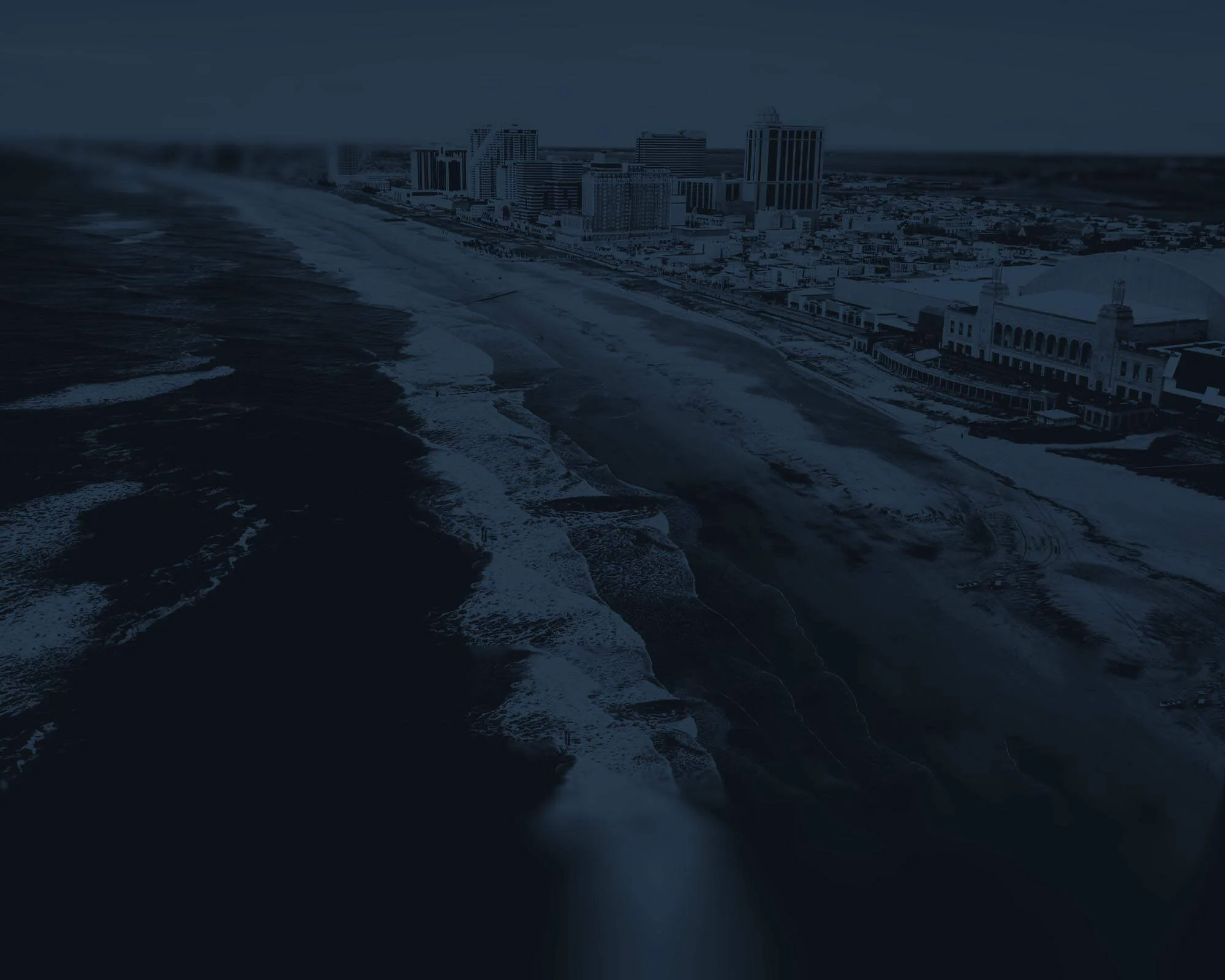Could tech company spying on your data lead to criminal trouble?
Companies like Google, Apple and Facebook sometimes know more personal information about us than certain family and friends. And while big tech companies are quick to point out how they are keeping our data safe from others who may be trying to access it, they omit the fact that our data isn’t safe from them.
A recent national news story reveals the troubling fact that, in an apparent effort to prevent child exploitation and abuse, companies like Google are scanning people’s private photos and turning suspicious images over to police, unprompted by law enforcement. And in some cases, even after the accused can demonstrate their innocence, the companies fail to restore their data or even apologize for falsely accusing them.
Medical pictures flagged as child pornography
According to a New York Times article, men in two different states were reported to law enforcement by Google in 2021 for suspicion that they were in possession of child pornography. They were just two of more than 600,000 such reports that year. In both (unrelated) cases, the men were fathers who were concerned about medical issues with their young children. Due to the pandemic and needing to conduct pediatrician appointments online, the concerned parents had to take pictures of the problem areas, which happened to be on their children’s genitals.
Google uses artificial intelligence to scan users’ photos and flag those which may contain child pornography. The flagged photos are then checked by human reviewers before being submitted to law enforcement. The reviewers who had checked these photos either failed to notice that they were taken for medical reasons or otherwise decided that they were illegal images.
Based on corroboration with their pediatricians, the parents were able to avoid further criminal action. At least one of the men appealed Google’s decision to deactivate all his accounts, which resulted in losing countless saved photographs, over a decade of emails and contact information for pretty much everyone he knew. Despite showing that he was cleared by police, Google refused to reinstate his accounts or return his data.
Should companies have this much power?
Relatively speaking, these two men were lucky that they could easily demonstrate the legitimate reason for taking the photos. But there may be untold others who were incorrectly reported and may now be facing charges.
Should big tech companies be able to conduct constant surveillance on users and report them to police with so little oversight? On one hand, protecting children from abuse and exploitation is a noble goal and highly important work, and tech companies are in a unique position to help. On the other hand, shouldn’t this work be directed by law enforcement rather than conducted unilaterally by private-sector employees?
This and other tech privacy issues will only become more important and controversial in the coming years.

